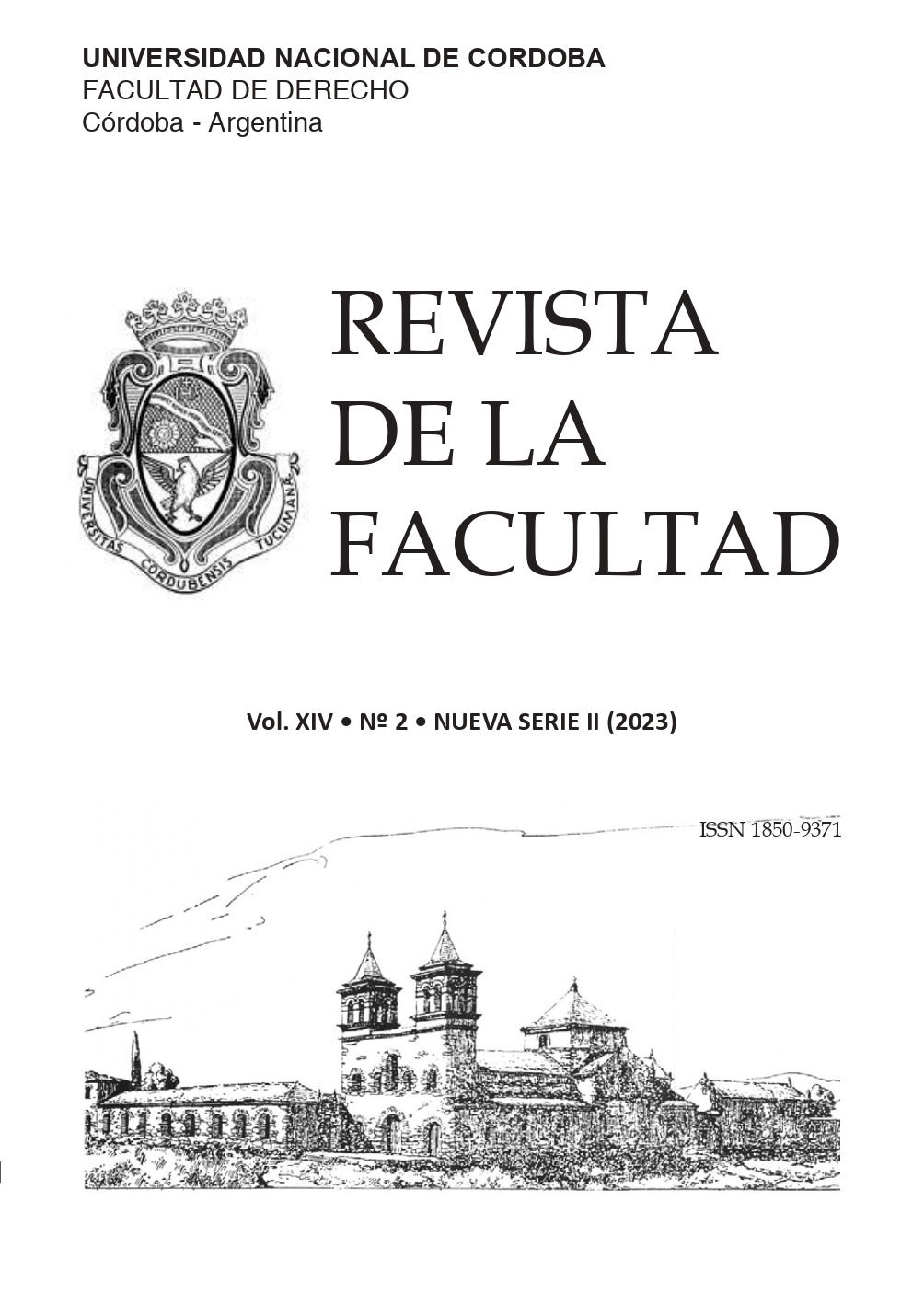THE PROBLEM OF POLITICAL OBLIGATION IN SITUATIONS OF ECONOMIC AND SOCIAL INJUSTICES: A RESPONSE FROM A MULTIPLE PRINCIPLE THEORY
DOI:
https://doi.org/10.31054/2314.3061.v14.n2.43656Keywords:
Political obligation, Injustice, Law, Multiple principle theoryAbstract
The problem of political obligation, i.e., the kind of bond that exists between citizens and the political community of which they are members, encompasses a good number of sub-themes of enormous complexity. One of them is the question of whether people who do not benefit from a proper distribution of goods and burdens are under a duty to submit to the authority of law. Much has been written about the requirements that distribution must satisfy to be just and produce obedience, but scholars do not usually analyze the possibility that law can keep its normative force in cases of (non-extreme) injustice. In this paper, I assume the challenge of addressing this complex topic, which is of special interest in the context of Latin American democratic states. By a combination of
the theory of fair play, the duty to support just institutions and a principle of the common good (a multiple principle theory) I will seek to defend the thesis that even in a just or nearly just society, where the distribution of goods and burdens could be deficient, citizens prima facie have to obey the law.
Downloads
Published
Issue
Section
License
Copyright (c) 2023 Facultad de Derecho. Universidad Nacional de Córdoba

This work is licensed under a Creative Commons Attribution-NonCommercial-NoDerivatives 4.0 International License.
La publicación del artículo implica la donación de los derechos de autor a la Facultad de Derecho, conservando el autor su derecho a utilizar el artículo en publicaciones de su autoría o páginas web referidas a su trayectoria. Para el caso de otro tipo de publicaciones, antes de su utilización, deberá obtener autorización de la facultad.


